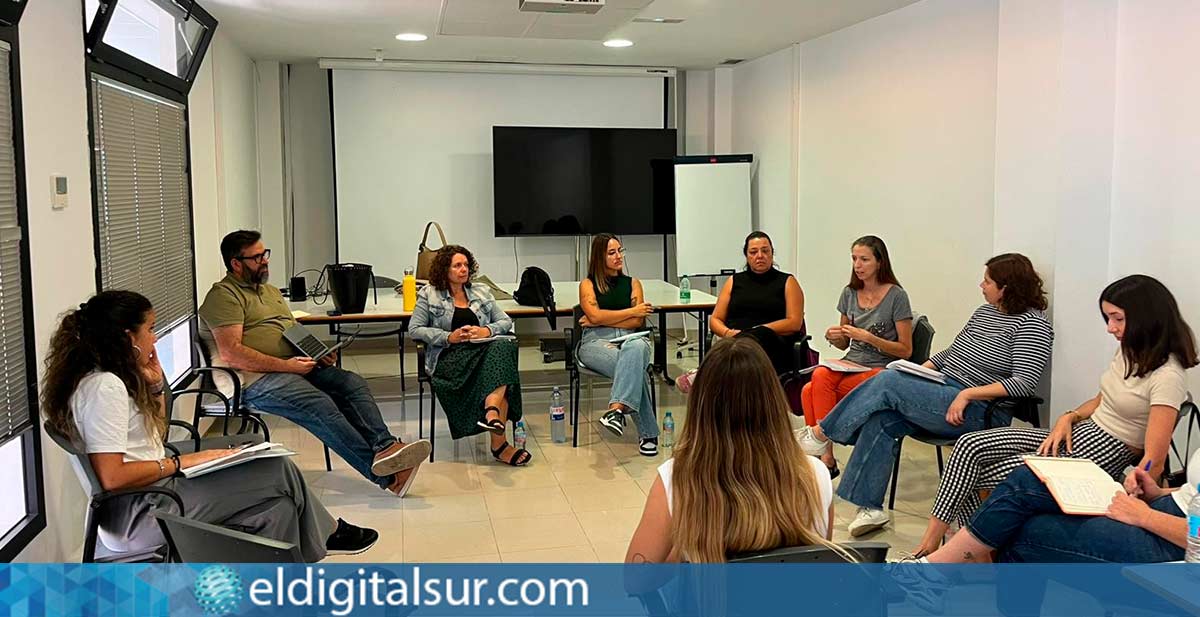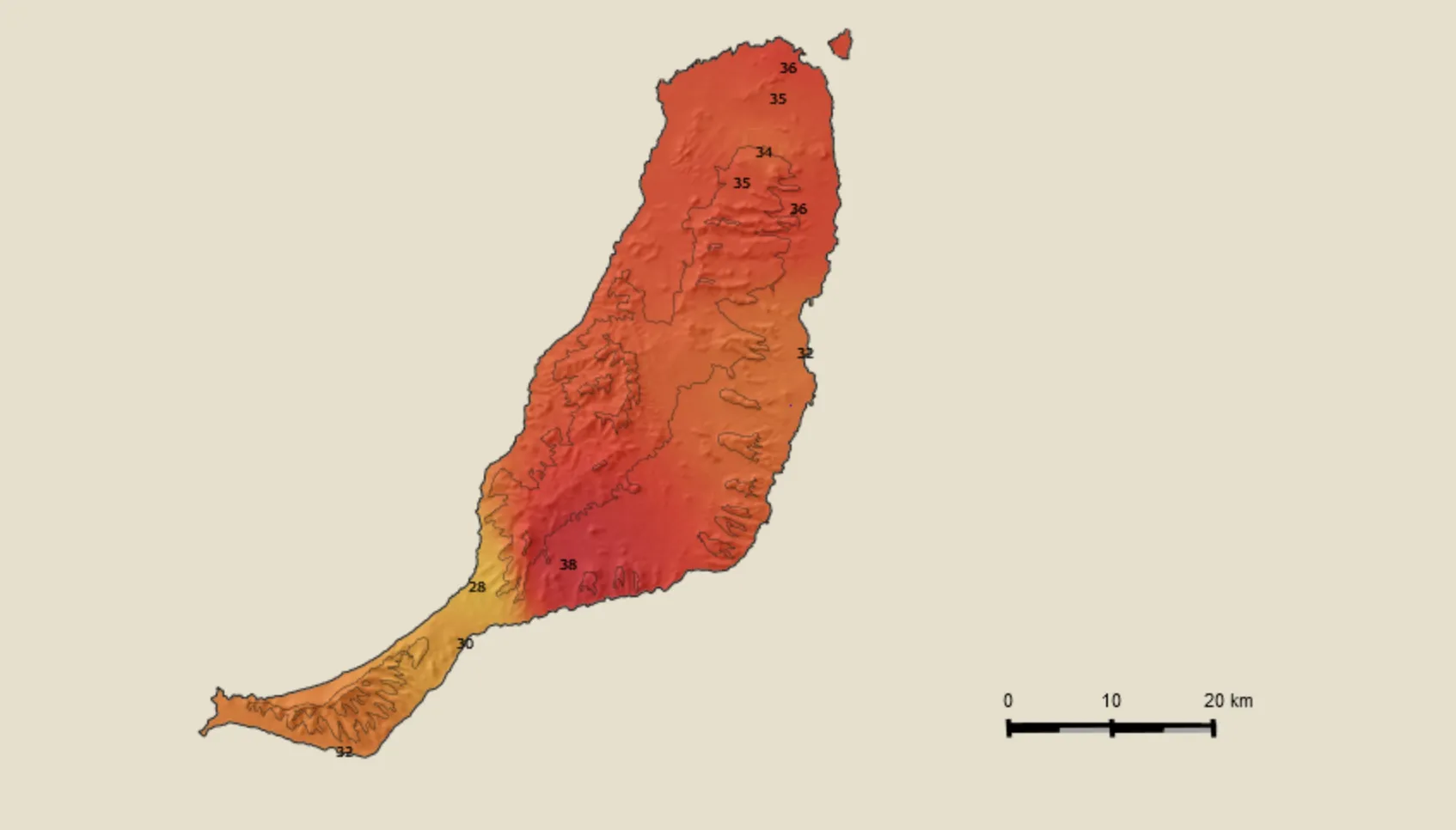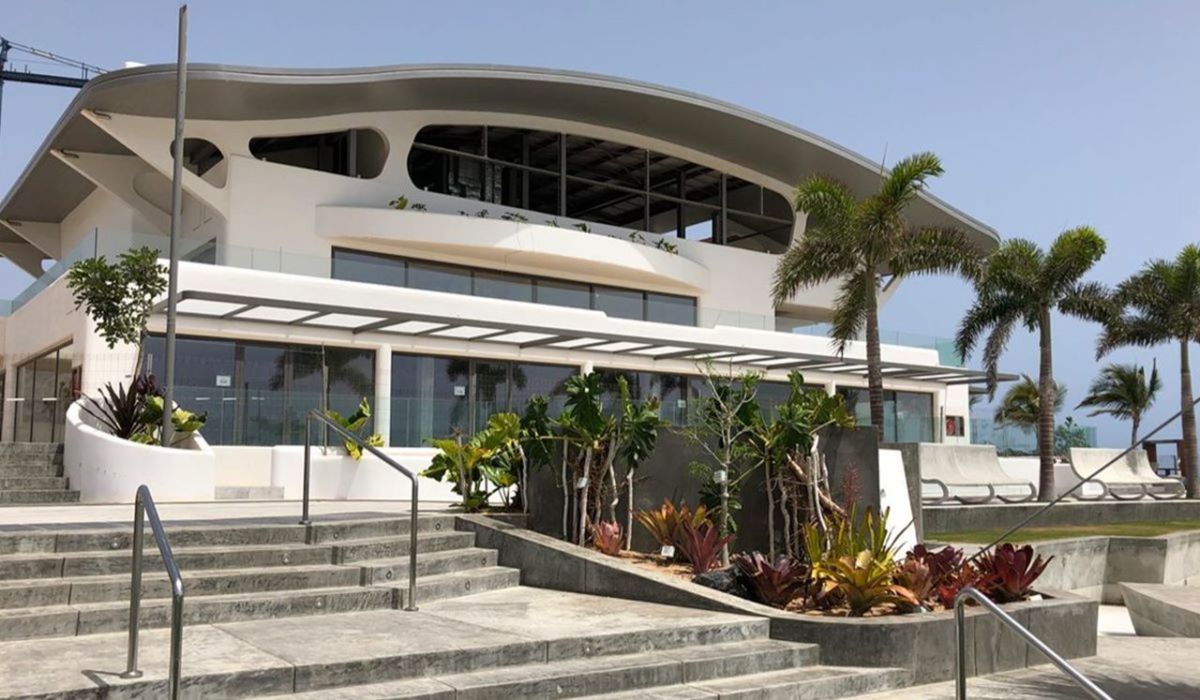The Venus Project, funded by the State Secretariat for Equality and the Eradication of Violence against Women of the Ministry of Equality, and executed by the Actúa Association, has spent several months addressing a key question: is there a causal and bidirectional relationship between body dissatisfaction, fatphobia, and gender-based violence?
To answer this question, focus groups and in-depth interviews were conducted with professionals specialising in gender-based violence and body dissatisfaction in Tenerife, Gran Canaria, La Palma, Lanzarote, and Fuerteventura. Following the analysis of the data obtained, the team has prepared a final report which summarises the main findings of the study.
Main Findings
Among the conclusions, which will be announced on 24 September at the Contemporary Hall of the Adeje Auditorium, there is absolute consensus among professionals that body dissatisfaction significantly increases women’s vulnerability to gender-based violence. The Venus Project thus confirms a causal and bidirectional relationship, where body dissatisfaction is not only a consequence but also a crucial risk factor.
Statistics on Body Image
According to the survey “Relationship with Body and Eating among Young Women” (Federation of Young Women, 2021), 89% would like to change some part of their body. Similarly, an official report on the “Perception and Use of Aesthetic Medicine in Spain in 2023” revealed that 46.6% of Spanish society has undergone some form of aesthetic treatment, notably, 69% of these patients are women.
This violence, sometimes referred to as aesthetic violence, is another manifestation of misogynistic violence, resulting in women with low self-esteem and a negative self-perception, leading them to believe they do not deserve healthy emotional connections.
Local Support and Initiatives
The Councillor for Equality in Adeje, José Antonio López Delgado, stated, “It is crucial to make visible forms of misogynistic violence that are not always immediately recognised but have a profound impact on women’s lives.”
“Adeje is committed to supporting and accompanying these studies because they enable us to create specific programmes that respond to new social realities and strengthen local equality policies,” he added.
It is essential to promote research such as the Venus Project, which highlights and serves as a platform for the often-overlooked misogynistic violence embedded in the bodies and minds of women, with the aim of creating specific spaces and interventions to eradicate it.
Final Event
The project’s final event will take place on 24 September at 10:00 hours in the Contemporary Hall of the Adeje Auditorium. During this gathering, the research results will be presented, and a round table discussion titled “Body, Gender and Violence” will feature four psychologists specialising in these areas.
Additionally, on the same day, the Kalon Project will be unveiled, an initiative from the Town Hall led by Anaís Martín, a psychologist and coach specialising in body acceptance and self-esteem, aimed at fostering body confidence and self-esteem through group workshops designed to challenge beauty stereotypes.














